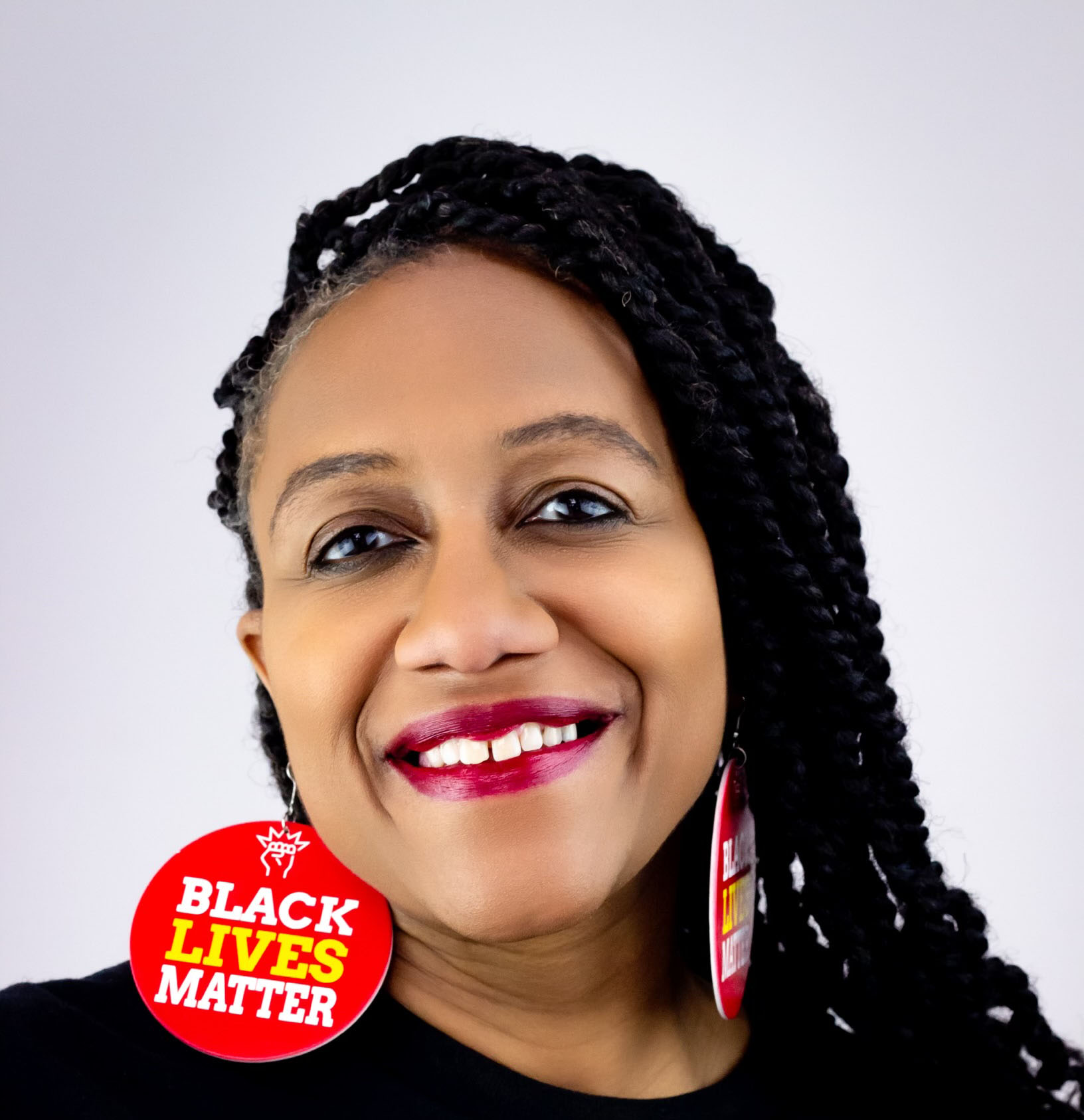by Fawn Walker-Montgomery
Social justice has taken center stage in Allegheny County in recent years, shedding light on critical issues that disproportionately impact the Black community. While this increased awareness is a positive step forward, it has also highlighted a challenge in maintaining a strong focus on Black Liberation and enacting sustainable changes for the Black community, through meaningful community organizing.
Many social justice initiatives often adopt a multifaceted perspective, occasionally leading to an “all lives matter” lens. This can, at times, create a culture where White proximity is seen as a prerequisite for substantial change. Project initiatives may start with a focus on the Black community, only to shift towards a more diluted, multicultural approach that prioritizes the comfort of White people. This shift can entail co-opting of initiatives, watering down narratives, hijacking resources, and weaponizing the criminal justice system. The result is often a reformist perspective that prioritizes improving existing systems, leaving little room for a radical Black agenda rooted in action, study, discipline, and community. It also highlights the notion that just having Black elected officials results in change.
Black representation without transformative change merely sustains the status quo.
Before I proceed, I acknowledge that the views I am expressing may challenge some perspectives and provoke discomfort. However, it is our duty to resist in the pursuit of progress. My aim is solely to educate and offer a different perspective or an alternative approach to our work towards social justice and Black Liberation.

In acknowledging our shared contradictions and engaging in principled struggle, we foster growth and development. Personally, I have grappled with navigating a spectrum of approaches, going between the philosophies of Martin and Malcolm X, a journey that has enriched my understanding and commitment to Black Liberation.
Locally, these dynamics show up in various ways. For instance, the tendency to prioritize external “Black Experts” over local expertise and lived experiences within the Black community in Allegheny County. A notable example is seen in the Pittsburgh Public Schools (PPS), where significant funds exceeding $900,000 were allocated to hire outside firms for superintendent searches, disregarding local talent. Or UPMC’s response to calls for diversity by appointing a Black professional from another state to a diversity position while overlooking qualified local Black individuals. In both cases, the involvement of local Black firms or a paid committee comprising of parents, community activists, and students could have honored and uplifted the power of local Black voices.
Furthermore, the impacts of gentrification in areas like East Liberty, Lawrenceville, and parts of the North Side in Allegheny County have led to the displacement of Black residents, cultural erasure, and increased costs of living, prompting shifts to regions like McKeesport and the Mon Valley, areas that already struggle with crime, etc. These repercussions of housing policies rooted in capitalism disproportionately harm the Black community, perpetuated by leadership that prioritizes the comfort of White individuals over radical change.
Alternative transformative solutions like community land trusts and universal housing vouchers present more revolutionary avenues to address housing inequities.
In terms of police accountability, despite longstanding efforts by Black community organizers to spotlight cases of police violence like Jordan Miles, Antwon Rose II, Romir Talley, and George Floyd, local responses have fallen short with initiatives such as the Pittsburgh Community Task Force on Police Reform, formation of a community advisory board and establishment of a street crime unit with surveillance practices. These solutions reinforce existing power structures and perpetuating liberal attitudes that sustain White supremacy without addressing deep-seated concerns. A more revolutionary approach involves asking the question, what would the world look like without police? In addition, advocating for the defunding of police budgets and re-investing resources to uplift Black communities, establishing community care networks, and de-militarizing policing strategies. It is essential to emphasize the use of the term “defund” rather than “re-imagine” as the latter suggests a watered-down response rooted in preserving the comfort of White people. This distinction in language challenges the narrative that has emerged following electoral losses blamed on Black perspectives by White liberals. Finally, I would be remiss to not acknowledge the disproportionate impact that this region has on Black women, particularly in terms of poverty, mortality rates, and joblessness. These concerns were highlighted in the Gender Equity Report. While some may be growing tired of discussing this, it’s crucial to imagine what it’s like living it. Merely turning a blind eye or adopting a passive attitude will not address these pressing issues.
To make way for more local initiatives rooted in Black Liberation, we must make more spaces where people can locally engage in political education, without fear of retaliation. More studying of Black political theories and thought promotes empowerment, self-confidence, consciousness, and enhances understanding of the significance of Black political thought in shaping history, culture, and identity.
Furthermore, it helps to gain a sense of empowerment and self-confidence in one’s ability to effect change.
In the face of global genocides in regions like Congo and Palestine, alongside local injustices, it becomes our responsibility to amplify radical Black voices and advocate for systemic change. By engaging in critical reading, study, and fostering genuine non-transactional connections within our community, we strive for principled alignment to uplift those most impacted in Allegheny County and beyond. In conclusion, I pose a challenge and question to our collective journey towards liberation: Have our compromises veered us off the path to true Black Liberation?

